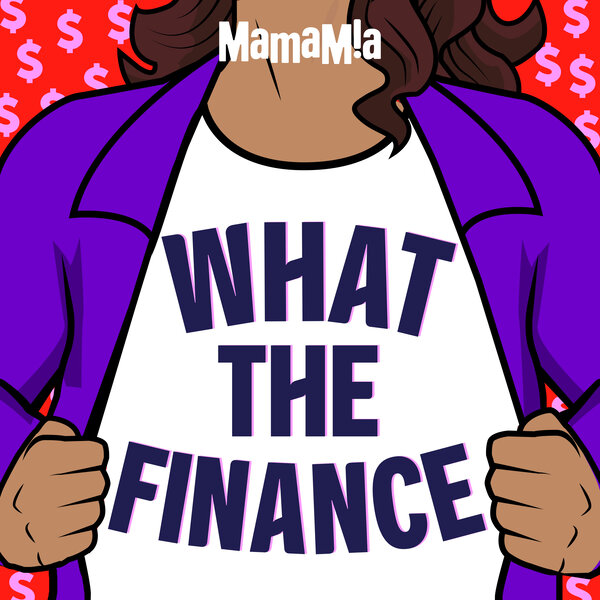Being $185,000 in credit card debt didn’t begin with one huge, ridiculous purchase.
It all really started because I became stuck in a vicious cycle of overspending and then being in debt. Every time I looked at how much debt I had, the worse I felt, and that would trigger more spending to make myself feel better. It spiralled from there.
And even though I was in $185,000 of debt, I was in denial about the severity and how many credit cards I had.
For those who want to know the depths of debt denial I was in, I had 11 credit cards. Six were from Canada and were maxed out at $100,000. Five were from Australia and were maxed out at $85,000.
I had 11 creditors chasing me across two continents and at my lowest ebb I was getting phone calls in the middle of the night.
But all the time it was easier to get more credit, or another credit card, to pay for things I didn't have the money for rather than for me to deal with the reality of my bills and how far I was living beyond my means.
I realised I was in deep trouble when I could no longer sleep at night. In addition to the debt collector phone calls waking me up at various hours, I was waking up with anxiety at all hours because I was so out of control.
There was no golden 'A-HAH!' moment when I decided I needed to stop this cycle. It was more something had to change because by this stage I was in chronic fear of answering the phone or opening the mail.
When I finally decided to face my debt in my 40s I looked into all the options for making more money and preparing for a comfortable retirement.





























































































